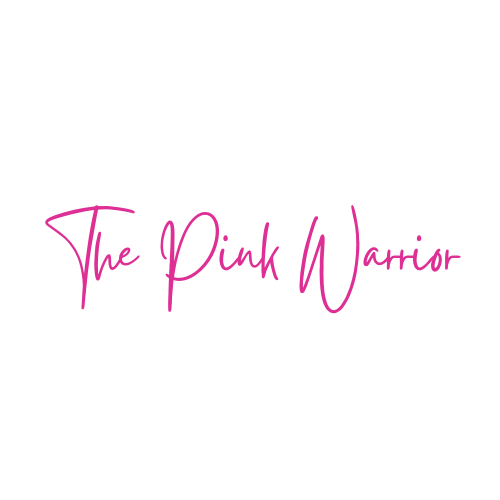Receiving a breast cancer diagnosis can be overwhelming. But when you're a parent, an additional concern arises: How will this impact my children? How do I explain what's happening in a way that's appropriate for their age and comprehension level? The good news is that there are evidence-based resources and products available to help support children during this difficult time.
**1. Open and Honest Communication**
A study published in the *Journal of Clinical Oncology* suggests that open communication with children about a cancer diagnosis can reduce their anxiety and improve their coping skills. It's essential to provide age-appropriate information and allow them space to ask questions.
-**For Younger Children**: Use simple language. Explain that mom is sick and the doctors are helping her. Reassure them that they didn't cause the illness and can't catch it.
- **For Older Children**: Offer more detailed information and be open to discussions. Encourage them to express their feelings and concerns.
**2. Maintain Routine**
Routine provides a sense of security. Even during treatment, try to keep the child's routine as regular as possible. This includes school, extracurricular activities, and home routines.
**3. Seek Counseling or Therapy**
Professional support can be incredibly beneficial. Child psychologists or therapists, who are trained to deal with these situations, can provide guidance and coping techniques. Organizations like the **American Cancer Society** offer programs and resources that cater specifically to children whose parents have been diagnosed with cancer.
**4. Engage in Activities Together**
Engaging in activities, whether it's crafting, reading, or simply watching a movie, can serve as a distraction and foster closeness. You can consider books like "When Mommy Had a Mastectomy" by Nancy Reuben Greenfield, “Cancer Hates Kisses” by Jessica Reid Sliwerski or "Mom and the Polka-Dot Boo-Boo" by Eileen Sutherland, which use kid-friendly language to explain breast cancer.
**5. Make Use of Products Designed for this Purpose**
Several products are geared toward explaining breast cancer to children:
- **The Medikidz Explain Breast Cancer** comic book: This book uses superheroes to explain what happens when someone is diagnosed with breast cancer. It's designed for children aged 8-15.
- **The Pink Warrior Shop**: Not only does it offer products catered towards breast cancer warriors, and offers considerable resources for people going through breast cancer, but each quarter, it also donates a portion of the proceeds to a breast cancer organization. This can be a way for the family to feel connected to a broader community and purpose.
**6. Reassure and Love**
Children, especially younger ones, can become insecure, thinking that they might lose their parent or that the illness is their fault. Continual reassurance, hugs, and spending quality time can help in alleviating these fears.
In conclusion, a breast cancer diagnosis can undoubtedly be daunting, especially when children are involved. However, with open communication, maintaining routines, seeking professional help, and using specialized resources, parents can support their children and navigate this journey together.
**References**:
1: Journal of Clinical Oncology: Parent-child communication about a parent's cancer diagnosis
3: Medikidz Explain Breast Cancer
(Note: Always consult with healthcare professionals and trusted resources when seeking advice or support for such serious matters.This page contains affiliate links. If you choose to purchase after clicking a link, I may receive a commission at no extra cost to you.)

